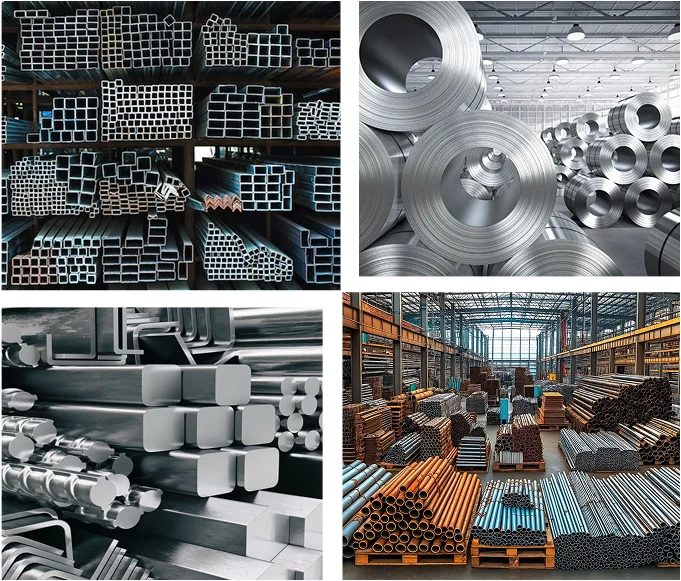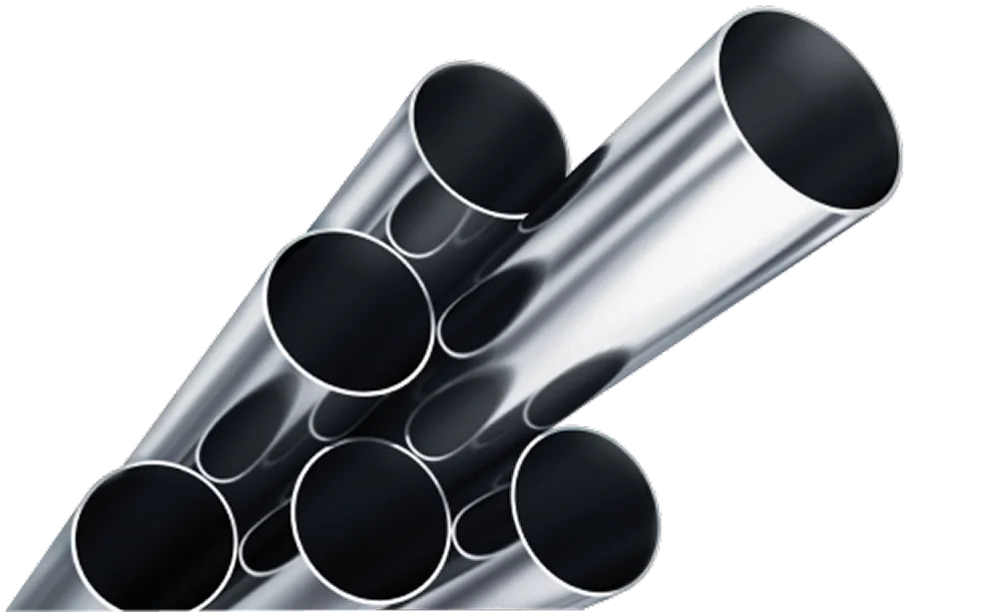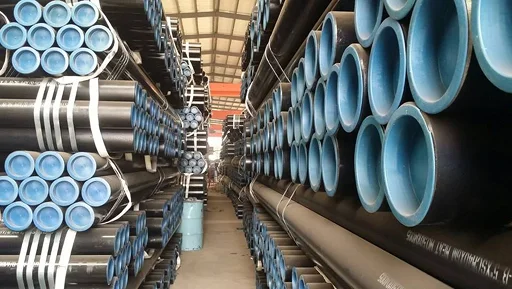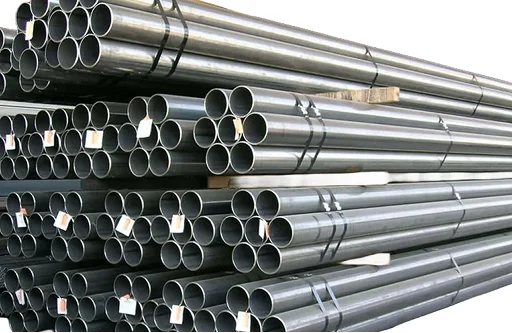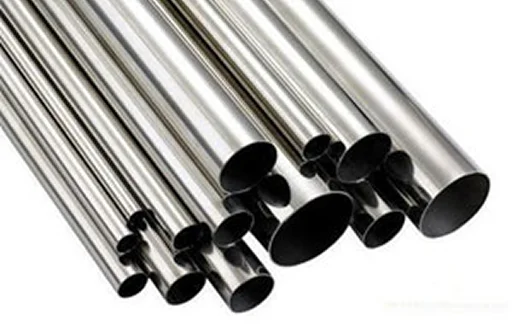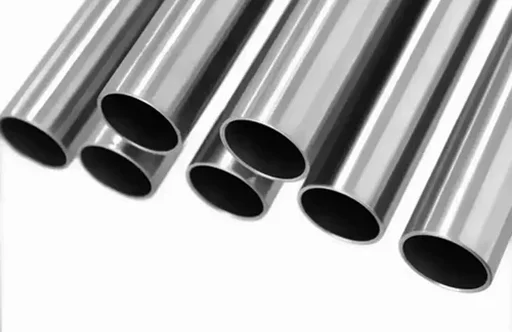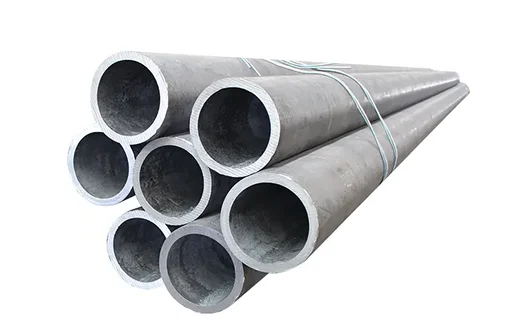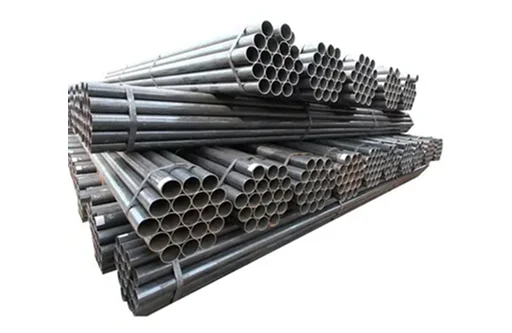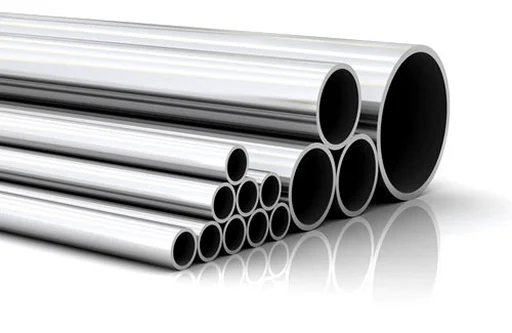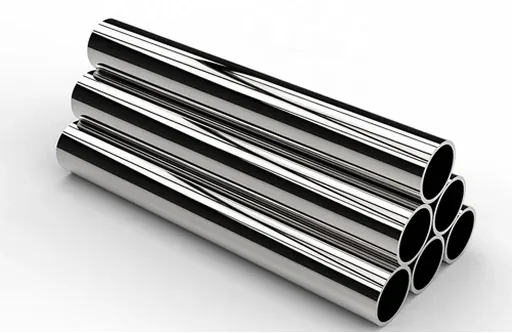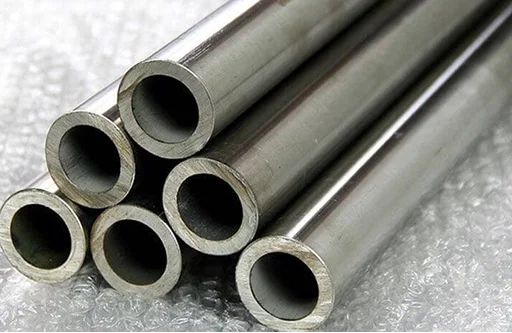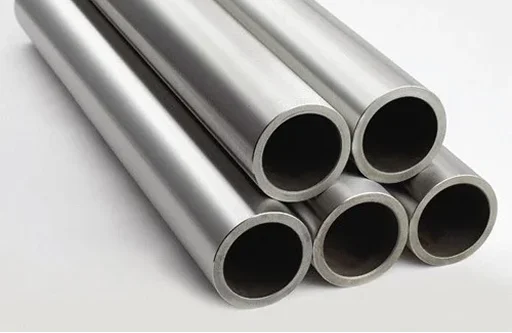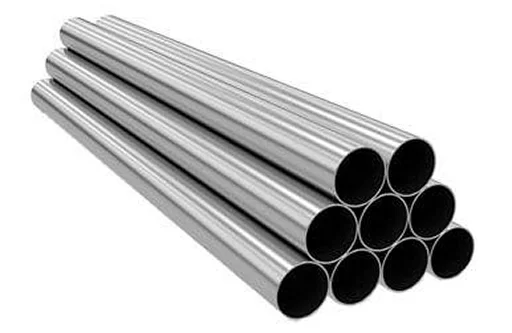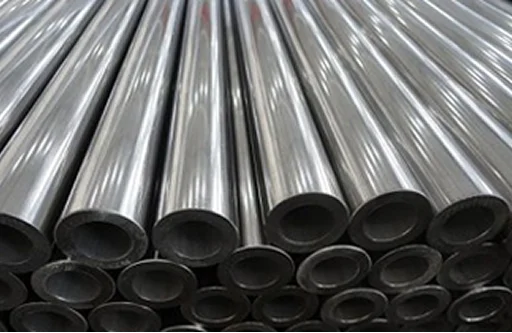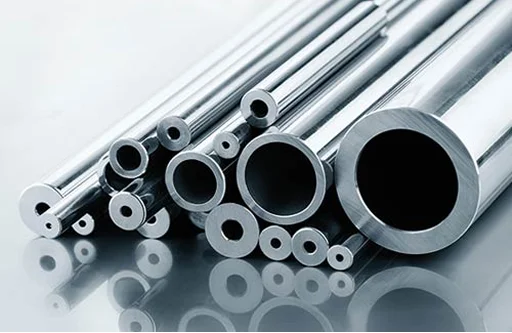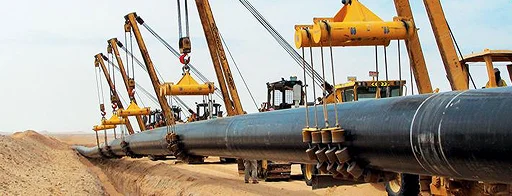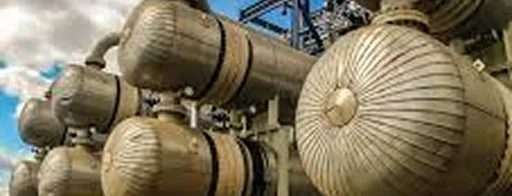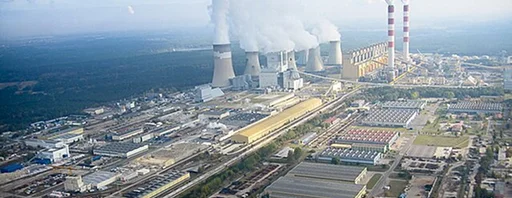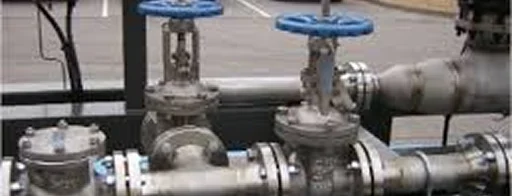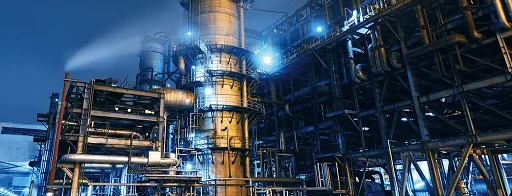Alloy 20 Pipes & Tubes are manufactured from UNS N08020 and is a nickel-iron-chromium alloy which is designed to provide superior resistance to sulfuric acid corrosion, pitting, and chloride stress corrosion cracking. The regulated copper and molybdenum levels improve the action of alloy 20 pipe and alloy 20 tubing in hostile chemical environments where conventional stainless steels tend to fail.
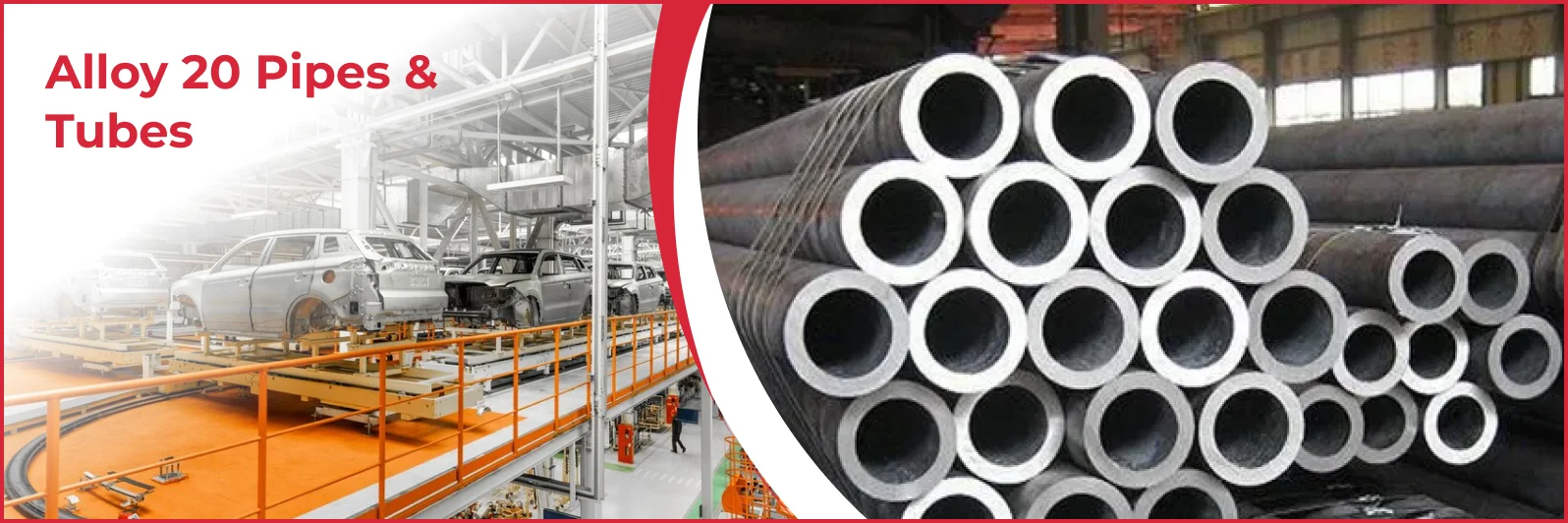
Alloy 20 piping systems have an excellent chemical stability, weldability and mechanical strength and are used extensively in chemical processing plants, pharmaceutical manufacturing, food and beverage industries, fertilizer plants as well as in petrochemical applications. As one of the trusted alloy 20 pipe suppliers, we provide alloy 20 pipes and tubes for projects with the exact dimensions and the quality that are similar and meet all the international requirements.
ASTM B729 UNS N08020 Alloy 20 Pipe Suppliers & Manufacturer in USA
We are a reliable ASTM B729 UNS N08020 Alloy 20 pipe manufacturer and supplier in USA, supplying seamless and welded alloy 20 pipes and alloy 20 tubing for domestic and export projects. ASTM B729 specifically covers seamless nickel alloy pipes, making it suitable for high-pressure, high-temperature, and corrosion-critical service conditions.
Contact us today to receive the latest Alloy 20 pipe price list and current stock availability.
Looking to buy Exotic Alloy Pipes & Tubes?
Check price of Alloy 20 Pipes & Tubes & Alloy 28 Pipes & Tubes
Specification of Alloy 20 Pipes and Tubes
The following table outlines the standard specifications, dimensional ranges, testing requirements, and delivery conditions for Alloy 20 pipes and tubes supplied by us
| Parameter | Details |
|---|---|
| Specification | ASTM B729, B464, B468 / ASME SB729, SB464, SB468 |
| Pipe Range | ½” NB to 24” NB |
| Tube Range | 1 mm OD to 254 mm OD |
| Wall Thickness | 0.1 mm to 20 mm |
| Type | Seamless / ERW / Welded / Fabricated Pipes |
| Form | Round, Square, Rectangular, Oval, Hydraulic |
| Length | Single Random, Double Random, Required Length |
| End | Plain End, Beveled End, Threaded |
| Schedule | SCH 20, SCH 30, SCH 40, STD, SCH 80, XS, SCH 60, SCH 120, SCH 140, SCH 160, XXS |
| Inspection & Test Reports | MTC (EN 10204 3.1), Chemical & Mechanical Reports, PMI, NDT, NABL Approved Lab Reports, Third-Party Inspection |
| Packing | Wooden Boxes, Plastic Bags, Steel Strip Bundles, or as per Customer Request |
| Specials | Custom sizes and specifications available on request |
Chemical Composition of ASTM B729 UNS N08020 Alloy 20 Pipes & Tubes
| Grade | Ni | C | Mn | P | S | Si | Cr | Nb | Mo | Cu |
|---|---|---|---|---|---|---|---|---|---|---|
| Alloy 20 | 32 – 38 | 0.02 max | 1 – 2 | 0.02 max | 0.005 max | 0.7 max | 19 – 21 | 0.1 – 0.3 | 2 – 3 | 3 – 4 |
Mechanical Properties of Alloy 20 Tubing
| Grade | Density | Melting Point | Tensile Strength | Yield Strength (0.2% Offset) | Elongation |
|---|---|---|---|---|---|
| Alloy 20 | 8.1 g/cm³ | 1443°C (2430°F) | 80,000 psi / 551 MPa | 35,000 psi / 241 MPa | 30% |
Alloy 20 Pipes and Tubes Equivalent Grades
| Standard | Werkstoff Nr. | UNS | AFNOR | EN |
|---|---|---|---|---|
| Alloy 20 | 2.4660 | N08020 | Z2NCUD31-20AZ | NiCr20CuMo |
Types of Alloy 20 Pipes and Tubes
Why Choose Alloy 20 Pipes Over Stainless Steel
Alloy 20 pipes are preferred over 316L stainless steel pipes in acidic and corrosive environments because they offer much better resistance to sulfuric acid, chloride stress, corrosion cracking, and pitting. This results in a longer service life, lower maintenance cost, and more reliable performance in aggressive chemical processes where stainless steel pipes often fail prematurely.
Applications of Alloy 20 Pipes & Tubes
Alloy 20 piping systems are commonly used in:
- Chemical processing plants
- Acid pickling lines
- Pharmaceutical production facilities
- Food & beverage processing equipment
- Fertilizer and agrochemical plants
- Heat exchangers and reactors
Related Products
Looking to Buy Alloy 20 Pipes & Tubes at Best Price?
Check the latest Alloy 20 pipe price list or compare performance with Alloy 28 Pipes & Tubes for highly corrosive service environments.
Request Your Alloy 20 Quote Today!